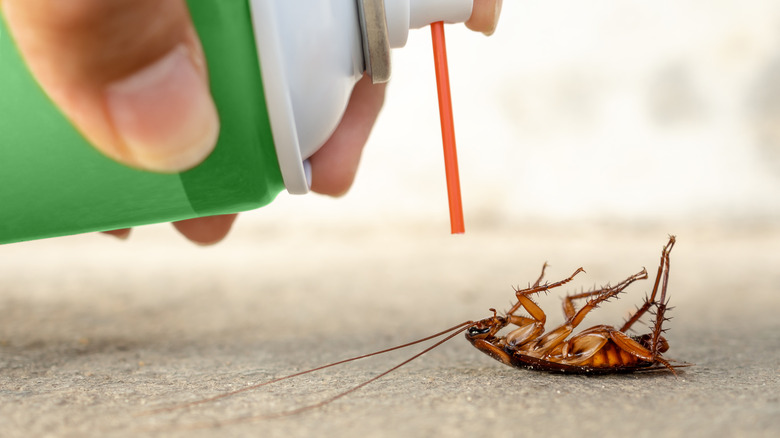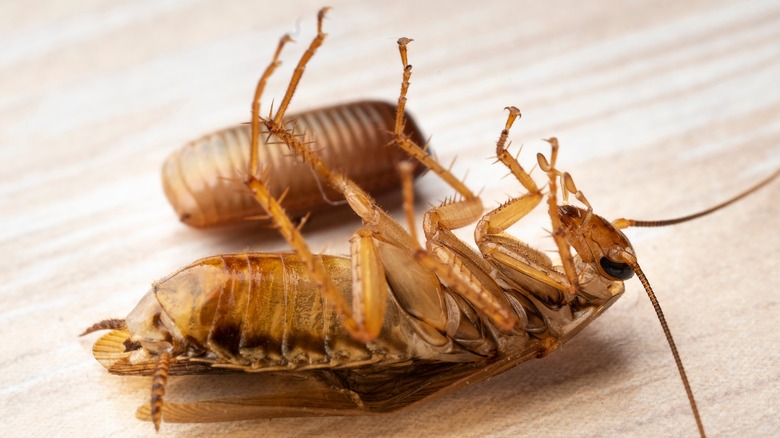Why You Should Reconsider Using Spray Pesticides To Expel Cockroaches
Most of us grew up with having a can of Raid in our home at one time or another. After all, years ago, it was the go-to remedy for getting rid of cockroaches in the home. However, spraying pesticides is not the best way to keep these pests away since they don't eradicate the problem and can cause harm to people and pets.
Though many people assume that once the cold weather hits, cockroaches go away or die in the winter, the opposite is true. Cockroaches can die in winter, depending on the temperature. Some species of cockroaches can survive in cold temperatures, but most prefer warmer climates. If the temperature drops below 15 degrees Fahrenheit, cockroaches will likely die.
However, there are some things that cockroaches can do to survive the winter. Their first line of defense against winter cold is to seek shelter in warm places, such as inside homes or buildings. They may also hibernate and enter a state of deep sleep that helps them to conserve energy. That's why it's important to protect against cockroaches all year long.
Sprays can be harmful to people and pets
Roach sprays can be harmful to people and pets since they contain insecticides, such as DEET or pyrethrins, which can be toxic if inhaled or ingested. They are especially harmful to children and pets because, unlike adults, they tend to crawl and lay on the floor. Some of the potential health risks associated with roach spray come with inhalation, ingestion, and skin and eye contact.
Inhaling roach spray can irritate the nose, throat, and lungs. It can also cause coughing, wheezing, and shortness of breath. Though rare, in severe cases, inhalation of roach spray can lead to pneumonia. Ingesting roach spray can cause nausea, vomiting, diarrhea, and abdominal pain. In severe cases, ingestion of roach spray can lead to seizures, coma, and even death.
Skin contact with roach spray can cause redness, itching, and swelling. In severe cases, skin contact with roach spray can lead to chemical burns. Eye contact with roach spray can cause redness, irritation, and pain.
Sprays are not fully effective
Choosing spray as your main roach killer only gets part of the job done. Roaches are crafty and can avoid roach sprays. They are very good at hiding in cracks and crevices, where roach sprays cannot reach them. Roaches can also detect roach sprays and avoid them.
Another problem that makes roach spray ineffective is that it does not kill roach eggs. Roach eggs are protected by a hard shell, which makes them resistant to roach sprays. This means that even if you kill all of the adult roaches, the eggs will still hatch and produce more roaches. Since it takes 100 days for an egg to reach adulthood, you can have baby roaches hatch a few months after spraying.
To eliminate a roach problem, you have to get to the root of the problem — the nest. Roach baits do a good job at that. Roaches are attracted to baits because they are formulated with food attractants that roaches love. This makes them more likely to eat the bait and die. When a roach eats a bait, it will carry it back to its nest to share with other roaches. This can lead to a domino effect, where many roaches are killed from eating the bait.


